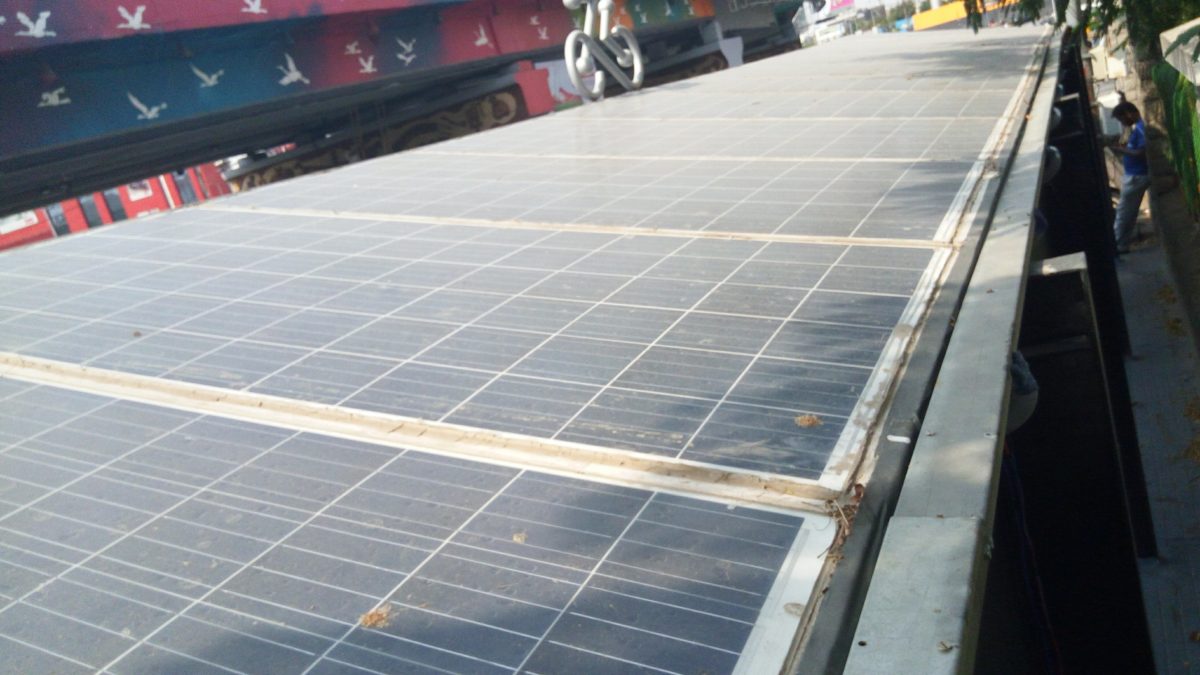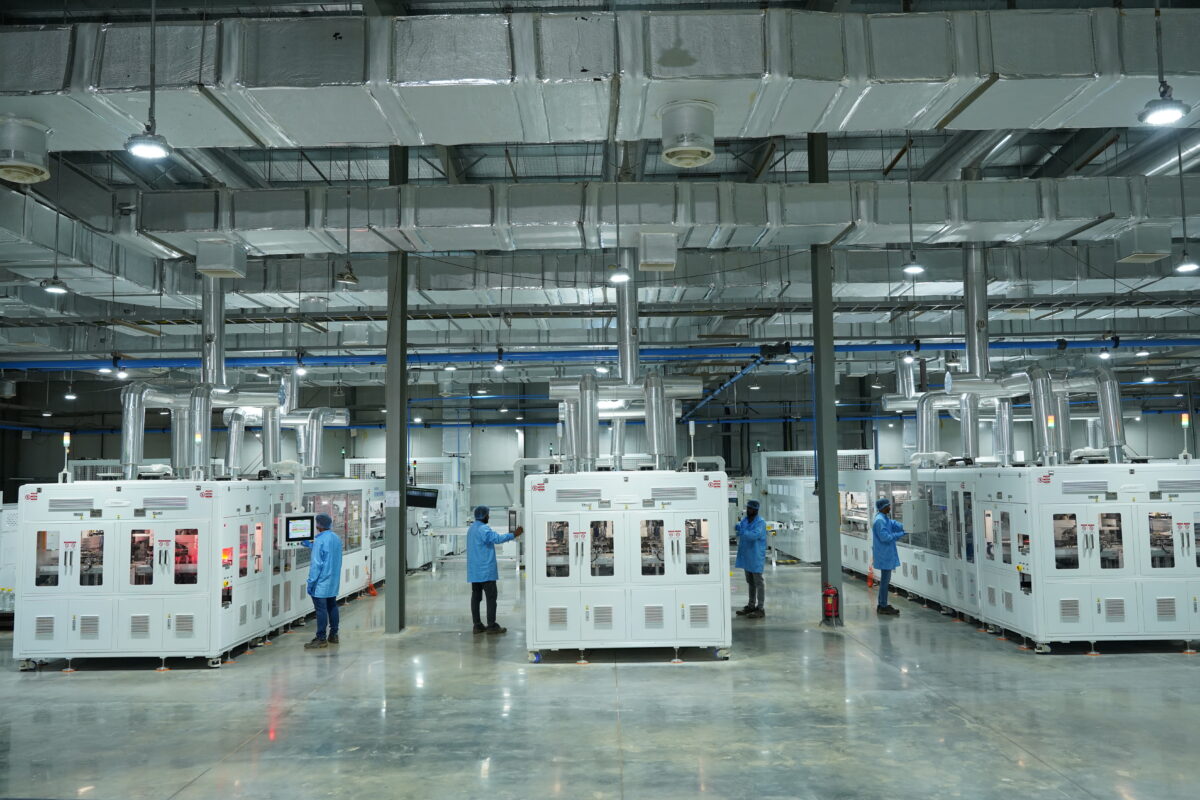“No solar panel, no construction permit.” Karimnagar, the fastest growing town in Telangana, is shouting that message from its – solar – rooftops.
In a big push for renewable energy, the town’s municipal corporation has made it mandatory for all buildings larger than 300 square yards (2,800 ft) – whether commercial, houses, apartment complexes or community halls – to install solar panels on rooftops.
According to a law that came into effect at the start of the month, construction permits will not be granted without provisions to install solar.
Karimnagar is the first municipal corporation in the state to make solar on new buildings mandatory and the move comes as part of India’s Smart City Mission, which mandates 10% of electricity be generated by solar.
The civic body will offer a 30% subsidy on installation by state electricity distribution company the Telangana State Renewable Energy Development Corporation (TSREDCO). The municipal corporation is also adopting net metering, with the Northern Power Distribution Company Limited to buy surplus solar power from property owners for Rs3.50/kWh.
Cities push solar
The Karimnagar authority has signed a memorandum of understanding with TSREDCO to generate 1.45 MW of power through the solar rooftops, a move which would almost double the district’s current 1.5 MW installed solar capacity.
Telangana is not the only state pushing solar through municipal corporations. The building rules of the Kolkatta municipal body specify any building more than 15.5 m – five storeys – in height must install rooftop solar. For other municipalities in West Bengal, the cut-off elevation is 14.5 m, or four stories.
Pune Municipal Corporation is planning to overshoot Smart City’s 10% mandate by targeting 15-20% of electricity from rooftop solar alone. The project will cover the city, with a special focus on the Aundh, Baner and Balewadi areas.
Kolhapur Municipal Corporation is setting up solar panels at all its divisional offices and buildings, and its Kashipur peer recently became the first urban municipal body in Uttarakhand to run solely on solar energy.
In 2016, Surat Municipal Corporation, with The Energy and Resources Institute, undertook a campaign to popularize rooftop solar plants in the Surat Smart City area.
PV making rooftop gains
The Ministry of New & Renewable Energy’s Solar Cities Masterplan directs all municipal corporations and city councils to create a Solar City Cell and constitute a Solar City Stakeholders Committee. The civic bodies have been instructed to promote a National Rating System for the construction of energy efficient green buildings with a strong focus on commercial and public facilities, and to amend building by-laws to make solar water heaters mandatory. Around 90 municipal corporations in eight states have mandated solar power heaters in residential and commercial complexes.
Various civic bodies are also offering rebates on property tax for solar energy use.
A recent study by the Climate Policy Initiative, the Indian Council for Research on International Economic Relations and the Stockholm Environment Institute, made the case for municipal entities to promote rooftop solar in India by issuing green bonds in capital markets.
In 2008, Kolkatta’s Rabi Rashmi Abasan became India’s first solar housing complex with 2.1 kW of PV integrated in each house and a further 8 kW at a community center.
This content is protected by copyright and may not be reused. If you want to cooperate with us and would like to reuse some of our content, please contact: editors@pv-magazine.com.








By submitting this form you agree to pv magazine using your data for the purposes of publishing your comment.
Your personal data will only be disclosed or otherwise transmitted to third parties for the purposes of spam filtering or if this is necessary for technical maintenance of the website. Any other transfer to third parties will not take place unless this is justified on the basis of applicable data protection regulations or if pv magazine is legally obliged to do so.
You may revoke this consent at any time with effect for the future, in which case your personal data will be deleted immediately. Otherwise, your data will be deleted if pv magazine has processed your request or the purpose of data storage is fulfilled.
Further information on data privacy can be found in our Data Protection Policy.